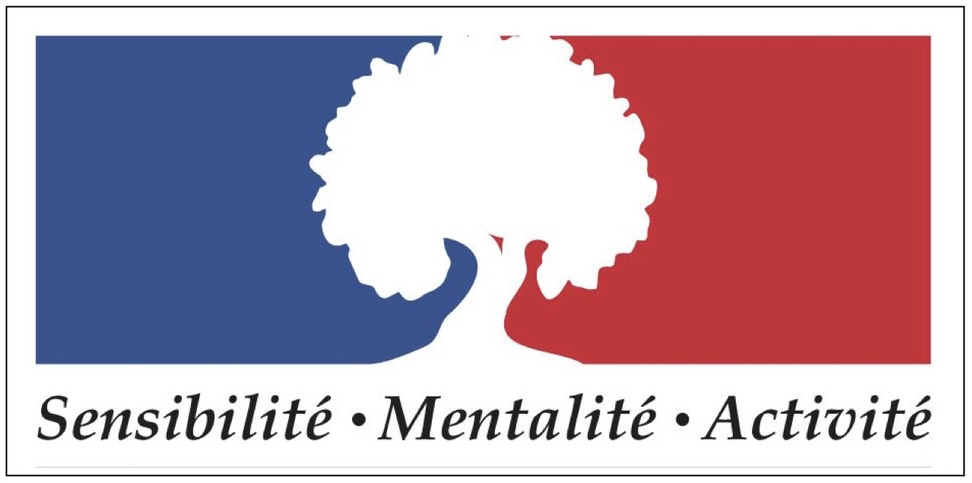Competencies
General Competencies for All Categories: Specialist, Expert, Master
Competency №1 – Adherence to Ethical Standards
- Understands and follows the ethical standards outlined in the Ethical Code.
- Clearly differentiates between training in narrative intelligence development and other professional client interactions, referring clients to relevant specialists when necessary.
- Effectively communicates agreements with clients, including logistics, payment, scheduling, and third-party involvement.
- Ensures that applied methods align with the client’s needs for optimal effectiveness.
- Demonstrates genuine care for the client’s well-being and future, acting with integrity, honesty, and sincerity.
Competency №2 – Interaction Strategy
- Adopts a flexible approach, choosing the most effective method for each client interaction.
- Utilizes humor appropriately to create a light, energetic atmosphere.
- Confidently shifts perspectives and experiments with new techniques.
- Maintains self-regulation, ensuring emotional balance despite the client’s emotional state.
- Integrates client input, ideas, and stories into the development process.
- Uses respectful and inclusive language, avoiding discriminatory or overly technical jargon.
- Shares examples and stories in a way that is meaningful and beneficial to the client.
- Respects the client’s learning style and development pace, ensuring a supportive environment for personal growth.
Competency №3 – Mining and Inventory
- Identifies key life experiences and underlying narrative structures that shape a client’s worldview.
- Extracts the essential components, meanings, and goals embedded in a narrative.
- Maintains an appropriate balance between challenge and comfort, guiding the client in processing their narratives.
- Helps the client analyze significant life events and determine relevant narratives for problem-solving and goal achievement.
- Shifts focus between specific storytelling details and the broader context of the client’s aspirations.
- Recognizes the client’s strengths and identifies ineffective perspectives or conflicting meanings.
- Uses metaphors and analogies to illustrate key narrative elements.
- Helps visualize stories and construct narrative symbols for clearer communication.
Competency №4 – Storymaking and Transformation
- Deconstructs narratives, identifying alternative interpretations and possibilities.
- Explores underlying themes, habitual perceptions, and differences between facts and interpretations.
- Encourages clients to discover new thoughts, beliefs, and emotions that enhance their ability to craft effective narratives.
- Engages clients in considering alternative story outcomes and inspires them to take action.
- Proposes viewpoints aligned with the client’s goals, encouraging exploration of alternative perspectives.
- Constructs master narratives to guide transformation in perception and behavior.
- Reinforces discipline and goal achievement within a structured timeframe.
Competency №5 – Narrative Presence
- Engages consciously and adapts flexibly in the learning and development process.
- Establishes a relaxed, open, and supportive environment.
- Actively listens, focusing on the client’s stories, experiences, and future plans.
- Encourages deep reflection, exploration, and articulation of personal beliefs and assumptions.
- Seeks long-term motivating narratives, helping clients find meaningful direction.
- Asks insightful questions that reveal client perspectives and generate clarity.
- Provides structured feedback and reframing to promote awareness and narrative development.
Competency №6 – Integration and Systematization
- Evaluates and defines the effectiveness of applied development methods.
- Integrates training methods into professional practice.
- Organizes training content based on themes, problems, and solutions while remaining flexible.
- Systematically processes and classifies learning materials.
- Develops and curates narrative libraries as a learning resource.
- Aligns training with intended outcomes, adjusting as needed.
- Identifies the client’s progress, achievements, and areas for improvement.
Competency №7 – Progress and Development
- Trains clients in essential personal competencies, such as storytelling, communication, emotional intelligence, and active listening.
- Manages the overall learning and development process, setting realistic goals and timelines.
- Monitors client progress and ensures accountability for planned actions.
- Encourages curiosity and engagement with external learning resources.
- Develops critical thinking skills and helps clients construct their behavioral models.
- Enhances decision-making abilities and goal-oriented thinking.
- Continuously expands personal expertise through ongoing study and reflective practice.
